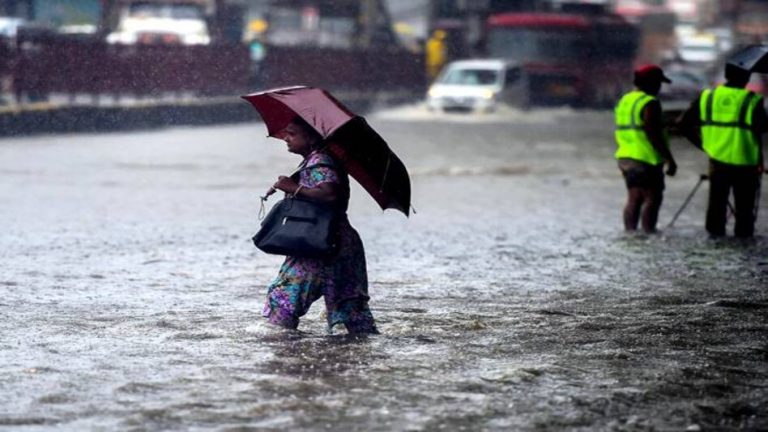When it comes to your small business insurance policy, it can be hard to figure out the best coverage for your needs. Small business insurance prices fluctuate from year to year, and the lowest policy you found last year might not be the best one when it’s time to renew. It’s a good idea to request small business insurance quotes to compare rates and to find out what other coverage types you may need.
Business interruption insurance
Business interruption insurance for small businesses protects small-business owners from monetary losses incurred due to a sudden interruption in business operations. It reimburses the business owner for fixed expenses, such as rent, mortgage, lease or loan payments, when the business is unable to operate. Typically, this type of insurance is bundled in a larger business owner’s insurance policy. Businesses with less than 100 employees and revenues up to $5 million are eligible for business interruption coverage.
Business interruption insurance for small businesses can be expensive, and the amount of coverage you require will depend on your situation. First, you must calculate how much income you stand to lose in the worst-case scenario. You can do this by estimating your projected annual income over the next year. Once you have this number, divide it by twelve to obtain your projected monthly income.
When purchasing business interruption insurance for small businesses, you should choose a reputable provider that offers the right type of coverage for your business. A good insurance provider should be A-rated, which means it has a high probability of paying out on a claim. Chubb small business insurance, for example, has an A-rated financial strength rating. The company’s business interruption coverage also covers off-site events such as loss of utilities, internet, and supply chain disruptions.
Commercial property insurance
If you own a small business or rent a building to another, you may want to consider purchasing Small Business Commercial Property Insurance. This type of insurance protects your business’s assets from theft or damage, and can even protect your business’s income. This policy is specifically designed to meet the needs of small business owners, with options to add extras as needed.
Your policy will cover most of the business’s property, including computers, machinery, raw materials, and inventory. It also covers the property of others that you lease or service. It’s important to understand the scope of your coverage, as it can vary widely. A good agent can provide you with options that will fit your needs while keeping your costs low.
A commercial property insurance policy will cover the building and everything inside it, including equipment, inventory, and display cases. Some policies will also cover the exterior of your business, including signage and landscaping. It may also cover any equipment, furniture, or equipment outside your building. Many policies will also cover your business’s inventory, and even protect you from cyber liability.
General liability insurance
General liability insurance is a type of insurance that protects small business owners from the expenses that are incurred as a result of an accident or damage to a customer’s property. It typically pays for medical expenses and attorney’s fees associated with claims that are made against a business. It is also beneficial for contractors, who can obtain general liability insurance separately for contractors’ jobs.
The median cost of general liability insurance for a small business is $42 per month, or approximately $500 per year. This is a low price to pay for protection. It protects a business from lawsuits that may arise from customers, contractors, or even advertising. The cost of this insurance is affordable and easy to obtain. Typical premiums for this type of insurance are only $42 a month for a small business, while some large companies pay up to $1,500 per year.
General liability insurance is an important foundational coverage for small businesses. However, it will not cover many of the other types of risks a business faces, including theft, vandalism, severe weather, or loss of income. Many business owners choose to package this coverage with other forms of insurance, such as commercial property and business interruption insurance.
Workers’ compensation insurance
If you own a small business, it’s crucial that you have workers’ compensation insurance. It protects your business from lawsuits, fines, and legal penalties in case an employee has an injury on the job. Fortunately, most states require employers to have this insurance, so you can get it as soon as you hire your first employee.
There are many factors that affect the cost of workers’ compensation insurance, including the industry you operate in, where you’re located, and how many employees you have. If you have more than one employee, the cost will be higher. It is important to compare quotes before choosing the best policy for your business. It is also important to keep in mind that different states have different policies, so make sure to check your state’s requirements before making any decisions.
Workers’ compensation insurance covers claims in states named in the policy declarations. In other states, you can choose to add coverage for incidental exposures. In other states, you will have to add an additional clause on the declarations page of the policy. Although premiums are usually similar between states, you may pay more for coverage in a state that offers generous benefits. The insurance also continues to cover your employees even if they start collecting Social Security or Medicare.





